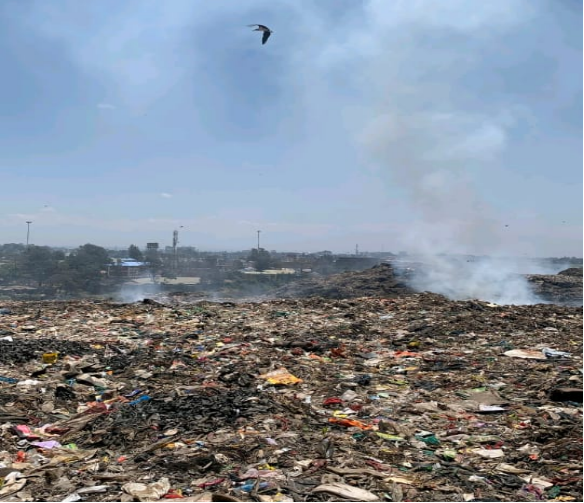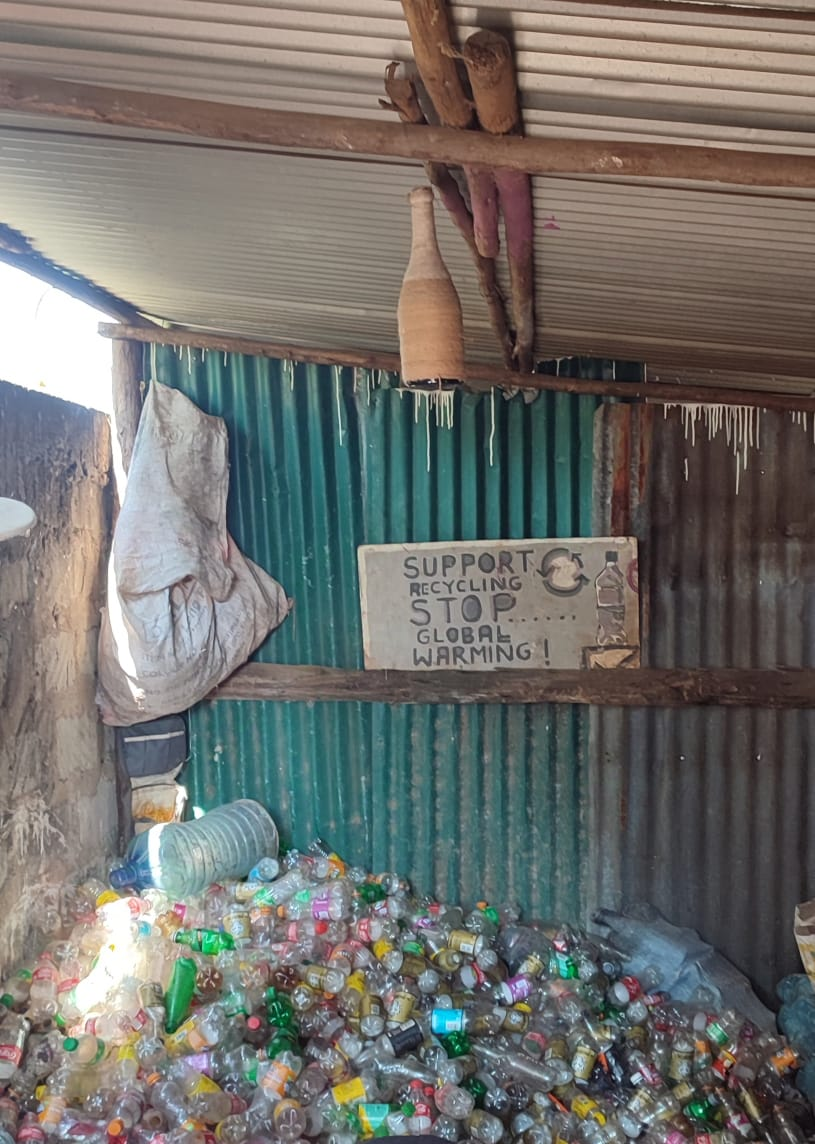The Danger of Plastic Pollution and the Need for Critical Action

Dandora Dumpsite with alarming levels of plastic waste.
All plastic that has ever been produced and has ended up in the environment is still present there in one form or another. According to the United Nations, the impacts of plastic production and pollution on the triple planetary crisis of climate change, nature loss, and pollution are a catastrophe in the making. Plastic breaks down into smaller particles over time, and microplastics make their way into the food chain, resulting in devastating effects on ecosystems and human life.
Diseases such as cancer and conditions such as infertility are on the rise due to microplastics. Additionally, long-term exposure to burning plastics results in respiratory diseases such as asthma.
Confronting a Crisis
Recognizing the crisis of plastic pollution, which is choking our cities, the United Nations Environment Assembly endorsed a historic resolution to end plastic pollution by developing an international legally binding instrument in March 2022 in Nairobi, Kenya. The resolution aims to establish an enforceable treaty known as the Plastic Treaty by 2024, involving extensive negotiations between 190 countries.
In Kenya, the effects of plastic waste are evident at sites like the Dandora Dumpsite, where plastics accumulate in heaps. The hazardous effects of burning plastic have spurred advocacy for stricter policies, with some advocating for a total ban on non-essential single-use plastics, citing the success of Kenya's 2017 plastic bag ban.
A Multifaceted Approach

Kibarazani Youth Workshop's waste segregation efforts in Kuwinda.
The United Nations advocates for a multifaceted approach to tackling plastic pollution by recognizing various approaches, sustainable alternatives, and available technologies. Local initiatives, such as the Kibarazani Youth Workshop in Kuwinda, are pioneering efforts in proper waste management by segregating and reusing plastics to create items like flower pots and chairs.
Sustainable waste management, according to Branton, a volunteer at Mviringo Africa, involves reducing waste generation, reusing materials, recycling, and safely disposing of waste to conserve resources and reduce pollution. The end goal is to create a circular economy where materials are kept in use for as long as possible, minimizing the harmful effects of waste on ecosystems and human health.

Upcycled flower pots made by Kibarazani Youth from segregated plastic waste.
This approach emphasizes personal responsibility, where individuals can help reduce landfill use, lower carbon footprints, and adopt eco-friendly waste disposal habits at the grassroots level.
"We need everybody for the vision of full circularity of plastics and the end of plastic pollution to be attained." - Jyoti Mathur